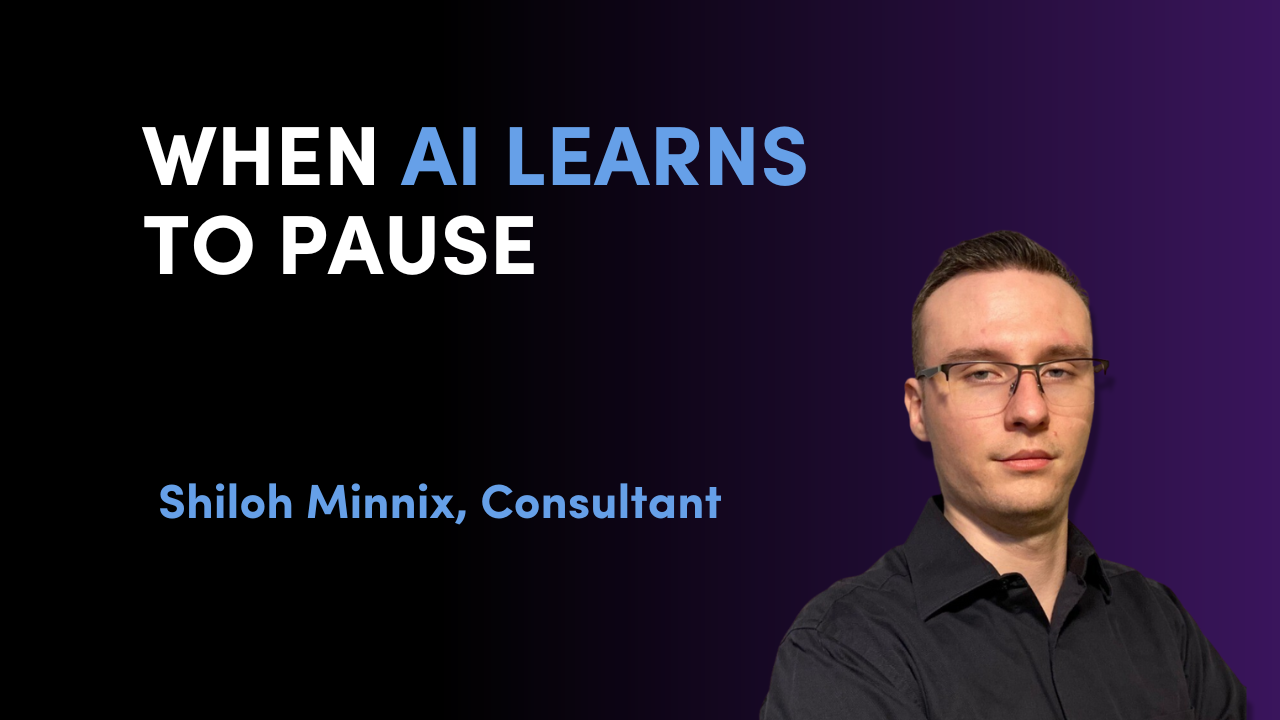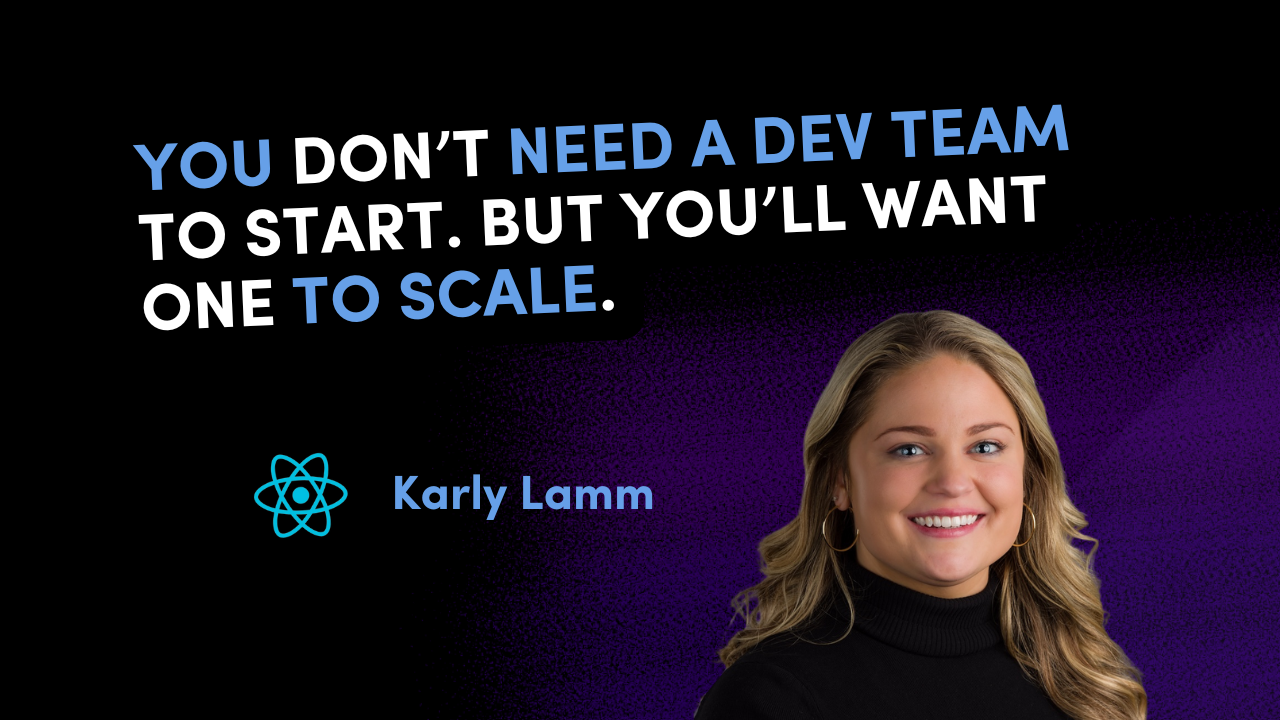There’s a kind of elegance in building AI that knows when not to answer.
In theory, large language models can do anything. In practice, what makes them truly useful, in the hands of real people, in real systems, is not just what they can say, but how they respond when the path forward isn’t clear.
As an LLM specialist, my job isn’t just to wire up a model and hope for the best. It’s to create a conversation where AI is more than reactive, where it’s responsive in the fuller sense. That means building an assistant that not only generates text, but collaborates, clarifies, and corrects course as needed.
And sometimes, that means teaching it how to pause.
Users don’t always know the exact term they need. They ask for things using whatever language feels natural in the moment, a fuzzy job title, a half-remembered status, a location that doesn’t quite match what the database expects. The assistant has to parse intent, validate inputs, and map language to logic.
But here’s the key: when something doesn’t align, it shouldn’t just fail silently. And it shouldn’t guess.
Instead, we design the assistant to stop and ask.
Rather than returning a generic fallback or pushing a wrong result, it might surface a short list of valid options. It might prompt the user to choose a status, rephrase a filter, or clarify their request. And once that guidance is given, the system seamlessly resumes the original task, as if it always understood.
This isn’t just NLP. It’s interaction design, grounded in feedback loops, stateful context, and UI that adapts to ambiguity in a human-centered way.
Technically speaking, this involves orchestrating a layered architecture: models that stream responses in real time, validation filters that intercept bad input before it causes confusion, and dynamic UI actions that reflect the assistant’s internal uncertainty with outward clarity.
It’s a conversation, yes, but one with memory, feedback, and purpose.
More importantly, it’s one where the assistant remains graceful under uncertainty. That’s a harder thing to build than most people realize. But it’s also what transforms AI from a novelty into something truly dependable.
The more time I spend refining this kind of assistant, the more I’m convinced: great AI doesn’t just solve problems. It listens. It adjusts. It earns trust through small moments of humility, through the decision not to guess, not to bluster, but to ask for help when help is needed.
AI doesn’t have to be all-knowing to be useful.
It just has to be honest.
- Written by Shiloh Minnix
Looking for Midwest-Based Developers for Your Business?
Open up new opportunities, grow revenue and improve user experience with Aviron Software. Based in St. Louis with USA programmers & QA specialists, Aviron can help your business whether on web, mobile apps or desktop software development. Get in touch via hello@avironsoftware.com or contact us.
Do you prefer to text? Send a text over to (314) 541-3446 to setup a time to discuss growing your business through software.




